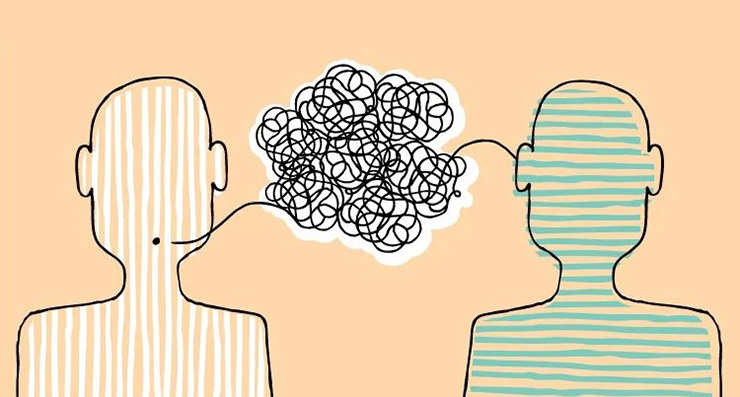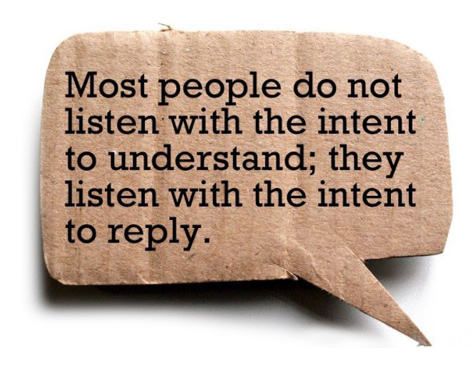Do you ever wonder if you are really being heard? All of us want to feel that what we have to say is important. Even in casual conversation, we expect to receive the courtesy of our listener’s attention.

In business and professional settings, being heard can be even more important.
Active listening can be defined as concentrating completely on what a person is saying and confirming that the message is both received and understood. Common courtesy dictates that we owe anyone that takes the time to speak with us the courtesy of our complete attention – to actively listen.

We have all experienced the frustration of saying something which we feel is important to someone who doesn’t seem to be listening. We instinctively know what poor listening looks and feels like. So, if we reverse what a poor listener does, we can easily see then what a good listener SHOULD do.
• A poor listener provides little or no verbal feedback. Good listeners nod their heads and provide some vocal confirmation that the speaker was heard.
• A poor listener might assume a very relaxed posture. Good listeners sit up and even lean forward to hear better.
• Poor listeners will ask few pertinent questions. Good listeners want to make sure that they understand and might ask a lot of questions.
• Poor listeners come without a pad or pen. In business settings, it is very important to be prepared to take notes.
• Poor listeners leave the speaker wondering if the message was really received. Good listeners always re-cap what they heard to confirm the message.
"It is the province of knowledge to speak and it is privilege of wisdom to listen." – Oliver Wendell Holmes



